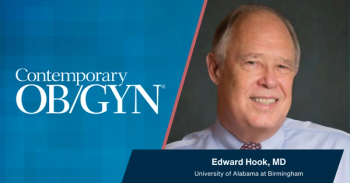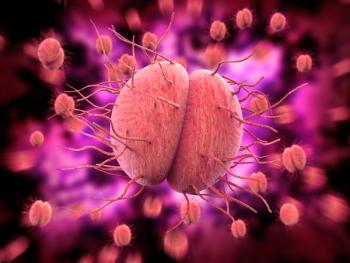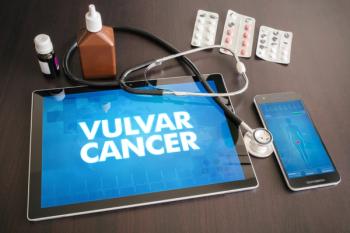
Awareness and Education Regarding Recurrent Vulvovaginal Candidiasis
Michael L. Krychman, MD, and Jack D. Sobel, MD, explore avenues for confirming a diagnosis of RVVC, including cultures and molecular testing.
Episodes in this series

Michael L. Krychman, MD: When I travel around speaking at conferences, I’m sure it’s the same situation with you, that I’m not really getting an idea that clinicians are aware of how to make the diagnosis, how to effectively treat the patient. They’re not even aware of the burden of what RVVC [recurrent vulvovaginal candidiasis] is, as well.
Jack D. Sobel, MD: Having discovered this, we’re now not going to rely on self-diagnosis, and we’re not going to rely on community health and the patients are going to find their way to the offices of competent practitioners. There’s a tendency among many practitioners who get really bored seeing women with vulvovaginal symptoms and relegate all symptomatic disease to the nurse-practitioners, who, by the way, are often not only more sensitive, but they’re more competent in the diagnosis than the practitioners themselves, the doctors, the physicians. Having said that, an attempt should be made to make a diagnosis. Is diagnosis crucial? Diagnosis is everything. You want to diagnose that this is truly a yeast candida infection, and today with the availability of laboratory tests, that it’s going to be important also to identify what kind of candida and what species is responsible for the acute episode. A good, well-trained, competent clinician with a good physical exam following a history and with measurement of the vaginal pH. Remember that for the most part, for acute candida vaginitis, the pH is going to be normal. There’s no resultant abnormal pH that is a consequence of a yeast infection. The microscopy will often result in confirmation of the diagnosis. Doctors don’t have time to do microscopies. They’re often poorly trained in microscopy. If you’re well trained and you can do a microscopic exam and everything turns out and you find the hypha or you find the budding yeast, you now have a confirmed diagnosis. If not, you can always send it out for culture. Culture doesn’t take a week. Everybody tells me it takes a week. It really takes 2 or 3 days. The culture will come back not only confirming the presence of yeast, candida species, but telling you what kind of species is involved. If you can’t get the cultures done, there’s nothing wrong with a molecular test. They are now widely available commercially. You can get a commercial test in every city, in every town, in every hospital in the country. The commercial tests are very good. They are expensive, absolutely. They test you for virtually everything and often this is done inappropriately, but in terms of their reliability in diagnosing candida species and candida presence, they are very good. You don’t get a result in 24 hours, however. Depending on what’s available in the area, it frequently can take 2 to 4 days before you’re going to get a result from a commercial test. But the so-called academics for years have been highly critical of these commercial tests, and this is inappropriate criticism. The commercial tests are accurate for diagnosing yeast. I never discourage a practitioner who sends out a commercial test. Yes, you’re going to confirm the diagnosis. On the other hand, you don’t routinely have to do these tests if your microscopy is positive. But remember, microscopy is going to miss half the cases, even in the hands of the experienced practitioner.
Michael L. Krychman, MD: Right. I think in an academic center we’re certainly doing microscopy, educating the residents about looking for differentials and what have you. I appreciate that there’s a variety of different ways to diagnose. I think some of the criticism is about access. I just recently had a woman who clearly had issues related to RVVC. We wanted to do a culture. We did one, and then we were behind the eight ball because we didn’t have a prior authorization, and we couldn’t send it and it would’ve been exceptionally expensive for her to do that. But I do certainly appreciate your paradigm in terms of treatment, and I think that’s really important to do that.
Transcript Edited for Clarity
Newsletter
Get the latest clinical updates, case studies, and expert commentary in obstetric and gynecologic care. Sign up now to stay informed.









